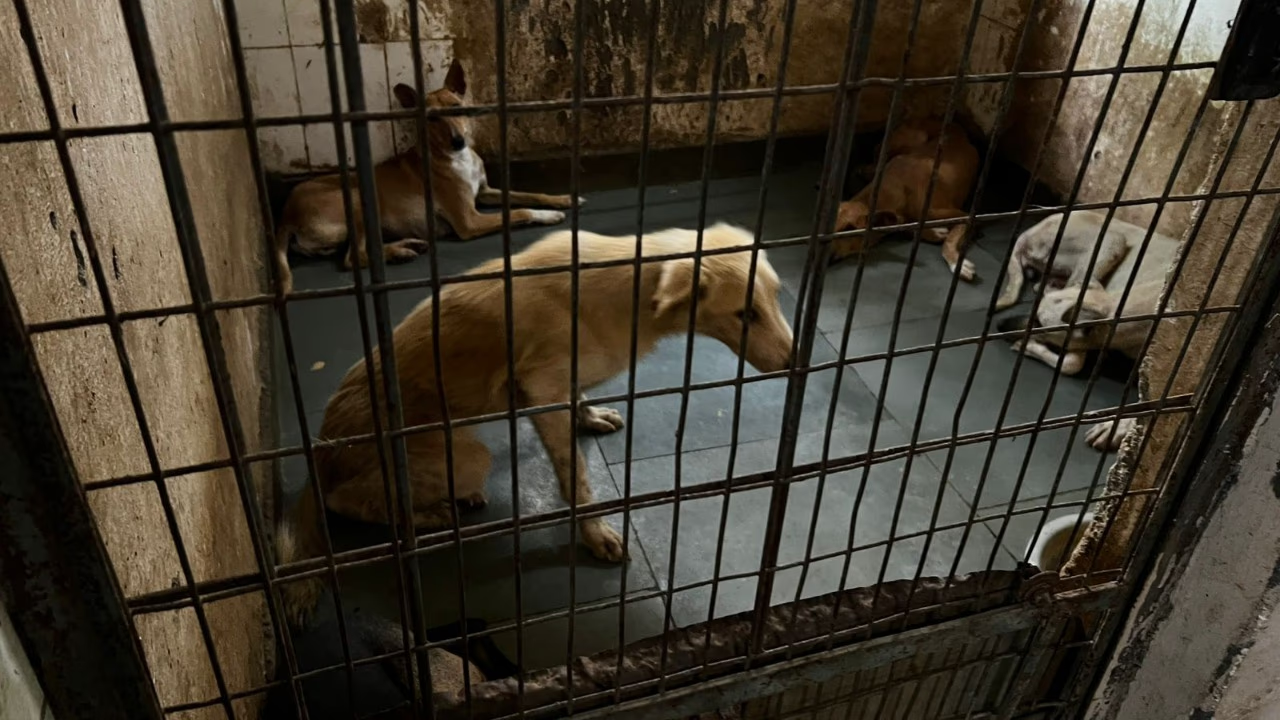In its ruling on August 11, the Supreme Court issued a controversial decision regarding the sheltering of homeless dogs in Delhi-NCR. The court directed that these dogs be kept permanently in shelters and sterilized, sparking widespread debate. But what is the court's reasoning behind this decision? Undoubtedly, it aims to protect children and the elderly from potential dog bites and rabies outbreaks. However, the court's orders neither seem practical nor humane.
The court instructed the Delhi government to remove homeless dogs from the streets within eight weeks and to ensure they never return.
However, reality paints a different picture. The estimated homeless dog population in Delhi ranges between 500,000 to 1 million. Yet, the court focused on removing 5,000 dogs. On what basis was this number chosen? The decision seems entirely unilateral, showcasing the vast chasm between the magnitude of the issue and the resources at hand.
Truth be told, accommodating thousands of dogs in shelters is not just costly but also wholly impractical. Animal welfare advocate Maneka Gandhi pointed out that hosting such facilities with drainage systems, kitchens, and water supplies for 3,000 shelters would require around 15,000 crore rupees in expenses.
Dogs don’t adhere to territorial boundaries, a major oversight in the court's ruling. Once the streets of the capital are cleared, dogs from nearby regions like Noida, Gurugram, and Ghaziabad will inevitably move in. Animal birth control is not only emotionally compelling but scientifically backed.
A crucial point to consider is the health risk of confining so many dogs in cramped spaces. Without proper vaccinations and hygiene measures, rabies can spread rapidly.
Animal birth control ensures sterilization, vaccination, and the safe return of dogs. It is humane, cost-effective, and founded on scientific principles. The Supreme Court's August 11 verdict not only contradicts ABC guidelines but also overturns a May 2024 decision made after 16 years of deliberation, which confirmed these rules. Furthermore, a previous unanimous decision by a three-judge bench prescribed sterilization, vaccination, and the return of dogs to their original habitats. A two-judge bench cannot easily dismiss it. This new ruling is legally weak and raises constitutional questions, a grave error needing rectification.




